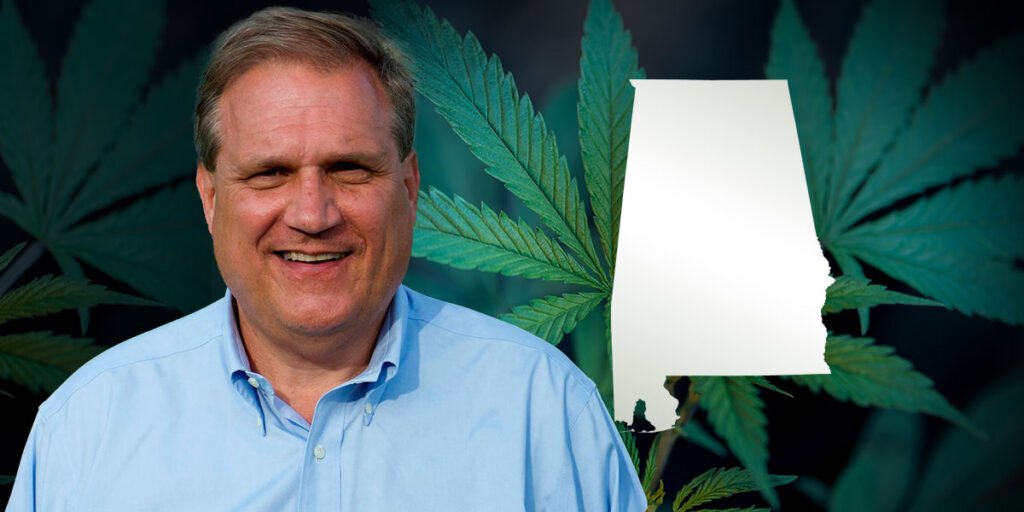Advocating for Cannabis Rescheduling
As both a doctor and a lawmaker, I feel it’s my responsibility to prioritize the health of the individuals I serve. That’s why I played a role in passing Alabama’s compassion law in 2021, which allowed medical cannabis for patients with severe conditions.
In my experience as an anesthesiologist, I’ve witnessed how pain, nausea, seizures, and similar issues strip away people’s dignity. It’s frustrating to see the limitations of traditional treatments, or worse, it’s an unacceptable risk in many cases.
Today, I’m calling on federal agencies, particularly drug enforcement agencies, to take action. I believe they should reschedule cannabis from Schedule I to Schedule II under the Controlled Substances Act.
For a long time, federal policies have hindered cannabis progress. Being classified as a Schedule I substance suggests that cannabis has no accepted medical use and presents a high potential for abuse.
This classification overlooks the vast scientific evidence and the real-life experiences of millions of patients across the nation.
Meanwhile, a Schedule III classification isn’t a free pass either; it includes substances like ketamine and anabolic steroids, which, while valuable, are still heavily regulated.
Moving cannabis to Schedule III would validate what healthcare experts in our state have been saying for years: cannabis has legitimate medical applications and deserves appropriate recognition.
This change would open doors for essential medical research. Right now, due to federal restrictions, it’s incredibly challenging to conduct clinical trials involving cannabis.
Researchers deal with institutional resistance stemming from stigma, as well as complicated approvals and limited access to quality cannabis. These obstacles prevent us from gaining a clear understanding of the benefits and risks associated with cannabis-based therapies.
Decisions should be based on evidence.
Rescheduling would allow researchers to study cannabis with more freedom. This means we could refine dosages, determine which conditions benefit most from treatment, and understand potential interactions better.
Ultimately, this leads to safer and more effective patient care.
These changes are particularly vital for patients in Alabama. While we’ve made strides by legalizing medical cannabis through compassionate legislation, access remains limited because of federal barriers. Doctors advocating for medical cannabis often find themselves navigating complex legalities without full backing from hospitals or insurance companies.
Many patients face financial challenges in obtaining cannabis treatments since insurance doesn’t cover what the federal government deems illegal. Rescheduling could begin to address this issue.
Some critics contend that rescheduling would pave the way for recreational use, but that’s a misconception. Schedule III does not equate to recreational freedom.
It simply means we treat medical cannabis with the seriousness it deserves. Doctors will continue to act as gatekeepers, and state regulations will still control access.
Concerns about federal overreach do come up. As a state legislator, I value states’ rights. However, rescheduling doesn’t mandate nationwide cannabis legalization.
Instead, it establishes a framework to support state healthcare systems, lessen legal uncertainties, and promote research. It empowers states to provide appropriate services while allowing state leaders to decide on legalization.
Here in Alabama, we’ve taken a courageous step with compassionate legislation. Now, we must back policies informed by scientific understanding that enable us to enforce this law responsibly and focused on patient care.
Rescheduling cannabis to Schedule III isn’t just a good move; it’s a necessary one. It’s crucial for our federal leaders to heed this call, looking towards President Trump’s insights on the subject.
Let’s bring cannabis out of the shadows and into the field of modern medicine.







